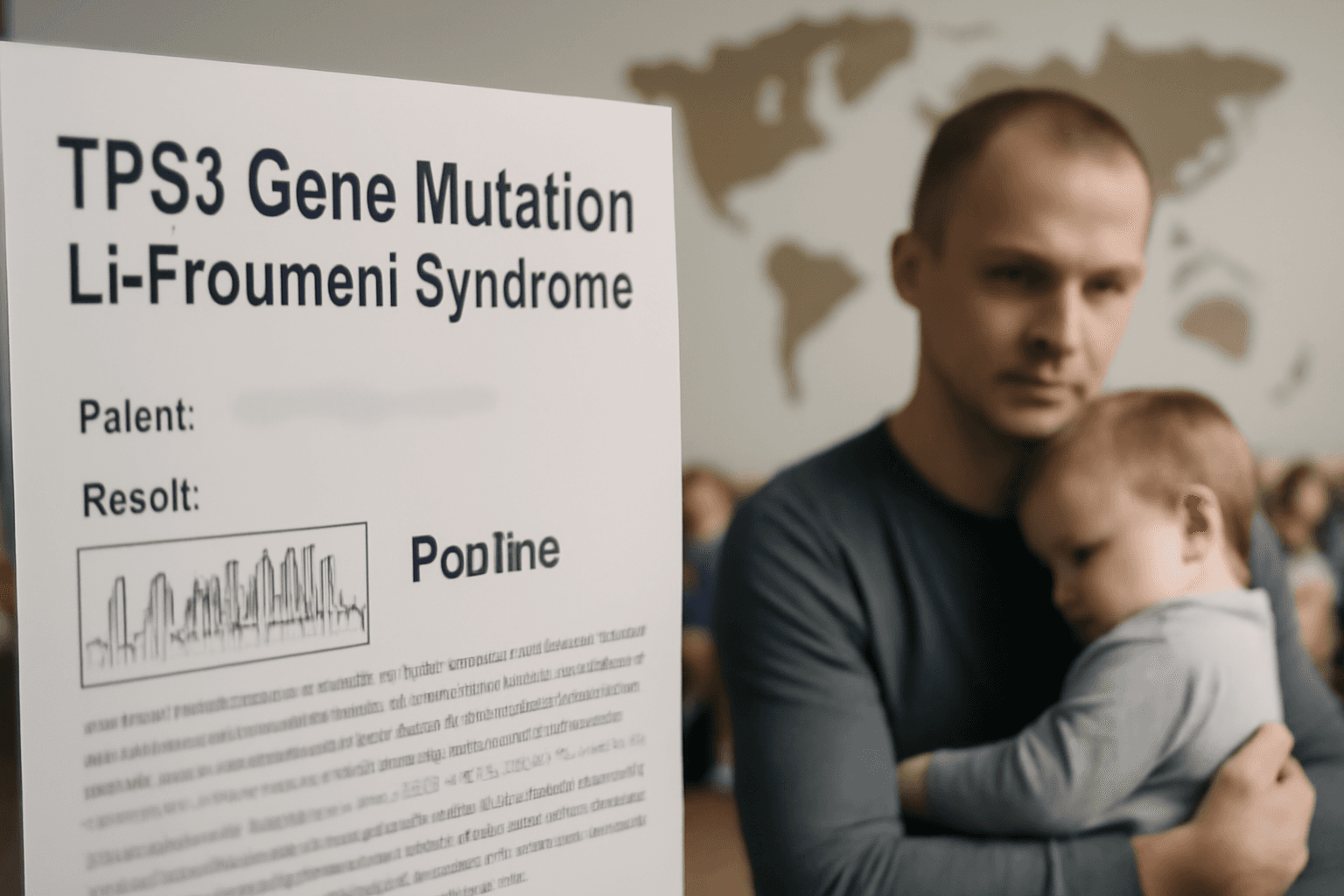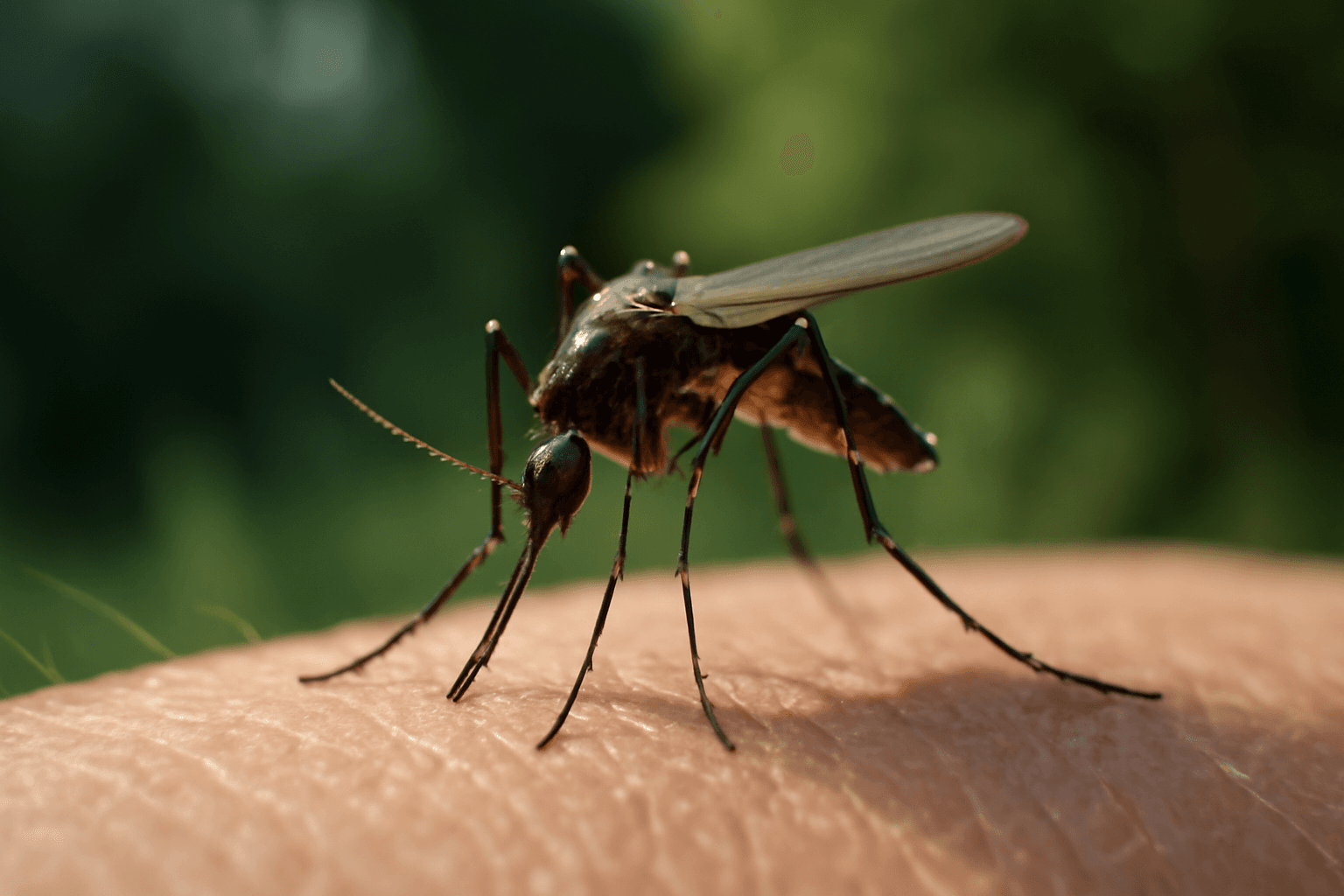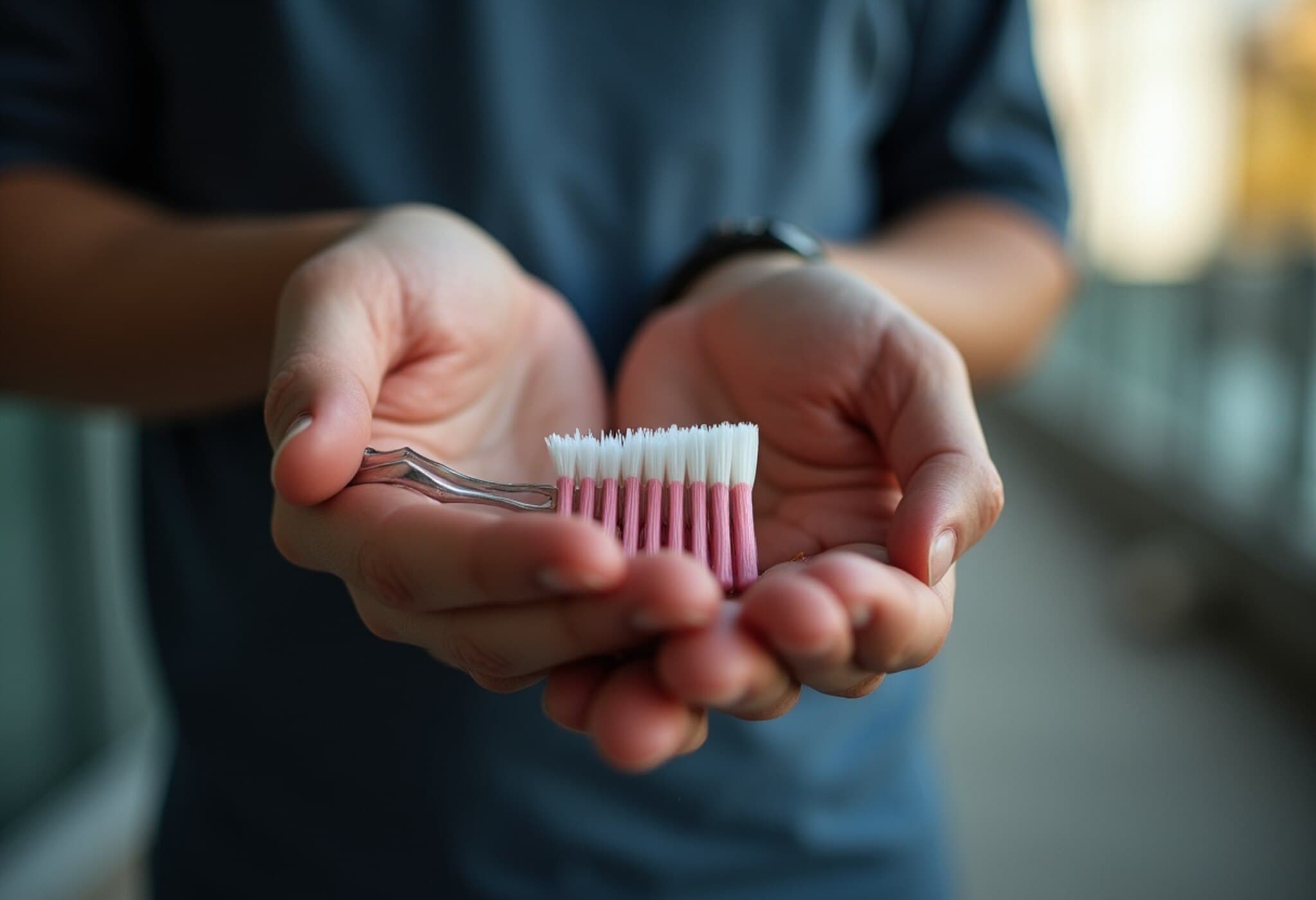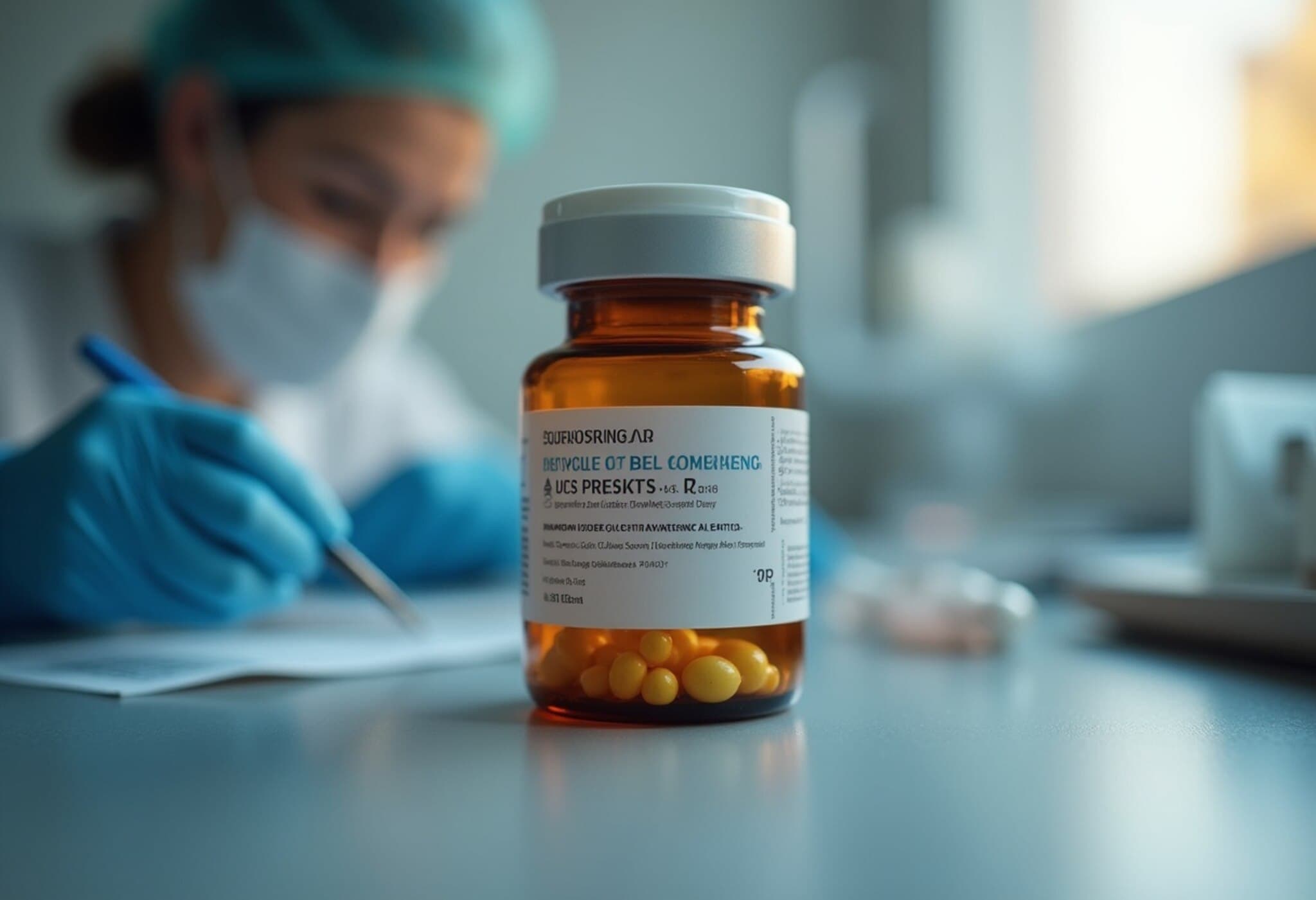Researchers have identified a sperm donor carrying a rare TP53 gene mutation associated with Li-Fraumeni syndrome, a hereditary condition that significantly elevates cancer risk early in life. This donor has fathered at least 67 children across eight European countries, with 10 diagnosed with cancers including brain tumors and Hodgkin lymphoma.
The donor, who remains healthy, contributed sperm exclusively through the European Sperm Bank based in Denmark. The mutation went undetected during initial screenings, raising concerns about current genetic testing limitations and donor regulation.
Edwige Kasper, a biologist from Rouen University Hospital in France, presented these findings at the European Society of Human Genetics annual conference in Milan. According to Kasper, children conceived using this donor’s sperm were born between 2008 and 2015 to 46 families across France, Belgium, Germany, Denmark, Sweden, Spain, Greece, and the United Kingdom.
Among these offspring, 13 carry the mutation but have yet to develop cancer; however, they require lifelong monitoring with regular MRI scans and clinical evaluations due to their elevated risk and the 50% chance of passing the mutation to their children.
Kasper emphasized the emotional and medical challenges for carriers but noted that surveillance enables early tumor detection, improving survival chances.
The case has highlighted disparities in sperm donor regulations across Europe. While France limits donors to 10 births, Denmark allows up to 12 and Germany up to 15. Kasper pointed out that inconsistent regulation contributes to risks inherent in such cases.
Julie Paulli Budtz, vice president of corporate communications at the European Sperm Bank, acknowledged the gravity of the situation in a statement to CNN, noting that although donors undergo extensive testing, current preventative genetic screening cannot detect all disease-causing mutations unless they are specifically targeted.
In response, the European Sperm Bank has voluntarily imposed an international limit of 75 families per donor, exceeding legal limits in some countries, to mitigate future risks.
This incident underscores the need for enhanced genetic testing protocols and harmonized regulatory frameworks governing sperm donation across Europe to prevent similar occurrences.
(With inputs from CNN)











